
Budget for range hood installation costs based on factors such as fan type, duct system, professional labor, ductwork, and more.
The average cost to install a washer and dryer is $750


Washer and dryer installation costs average $750, ranging from $50 to $2,000.
Key factors include existing plumbing, electrical work, and the layout of your home.
Labor rates range from $45 to $150 per hour, depending on the type of pro you hire.
Professional appliance installation ensures correct setup, safety, and appliance longevity.
This article was updated using automation technology and thoroughly reviewed for accuracy by HomeAdvisor Editor Ryan Noonan.
You’ll spend an average of $750 to install a washer and dryer, although prices range from $50 for a simple installation to $2,000 for a more complex one. Your final bill will depend on factors such as the type of appliances you’re installing, the preparation work required, and local labor rates. Plan your budget to account for any unexpected upgrades or repairs that may arise. A qualified plumbing and electrical pro can handle the hookup correctly, protect your home, and keep the appliances running at peak efficiency.
Your final price for washer and dryer installation depends on the specific work required for your space. If you don’t already have the necessary hookups, you may need new plumbing or electrical work. Below are some of the most common tasks and their associated costs.
Your project’s total depends on the types of installation jobs that are in your scope. Adding a washer and dryer may require plumbing or electrical work if hookups aren’t already in place. Here are some common installation tasks and their costs.
| Installation Task | Average Cost Range |
|---|---|
| Installing new outlets | $100–$450 |
| Installing new drain pipe | $225–$1,200 |
| Adding dryer vent | $140–$600 |
| Creating a laundry room | $8,000–$30,000 |
Most hookups require the services of both a plumber and an electrician. Plumbers charge $45 to $150 per hour, while electricians run $50 to $100 per hour, depending on your wiring and outlet needs. Ask each professional for a written quote that reflects the exact work to be done in your home.
Check with your local building office to determine if permits are required for plumbing or electrical work. Fees range from $50 to $125 for a standard hookup, but can increase to $10 to $500 for more complex projects.
Running a gas line costs between $260 and $820. Gas dryers reach higher temperatures, drying clothes faster and reducing operational costs.
Wherever you decide to install your washer and dryer, your plumber and electrician will need to access the area. The more difficult it is to access, the higher your labor costs will be. Similarly, if electrical and plumbing already exist in the location, your costs will be lower than if you need to install new outlets and plumbing pipes.
Putting washer and dryer hookups in the garage ranges from $350 to $1,150 (with an average of $750), potentially up to $2,000 for more complicated plumbing or electrical needs.
Consider these budgeting tips when planning your washer and dryer installation:
Obtain multiple quotes from licensed plumbers and electricians to compare costs and ensure you receive fair pricing for your specific installation needs.
Budget an extra 10 to 20% beyond the initial estimates to cover unexpected complications, such as damaged pipes or electrical upgrades that may only become apparent during the installation process.
Ask your retailer about installation package deals when purchasing new appliances, as many offer discounted or even free basic hookups with purchase.
Consider energy-efficient models that may cost more upfront but will reduce your utility bills over time, potentially qualifying for rebates from local utility companies.
Time your installation during off-peak seasons (avoid holidays and summer months) when service providers may offer more competitive rates due to lower demand.
Washers and dryers are heavy, complex machines, and a professional has the tools and expertise to set them up safely and efficiently. Proper hookups keep the appliances running efficiently and protect your home from leaks or electrical issues.
While professional installation involves an upfront cost, it is a worthwhile investment. Hiring a professional appliance installer near you ensures correct installation, prevents structural damage, and extends the lifespan of your appliances, ultimately saving you time and money.
Book a trusted pro for a stress-free installation today.
No place is more important than your home, which is why HomeAdvisor connects homeowners with local pros to transform their houses into homes they love. To help homeowners prepare for their next project, HomeAdvisor provides readers with accurate cost data and follows strict editorial guidelines. After a project is complete, we survey real customers about the costs to develop the pricing data you see, so you can make the best decisions for you and your home. We pair this data with research from reputable sources, including the U.S. Bureau of Labor Statistics, academic journals, market studies, and interviews with industry experts—all to ensure our prices reflect real-world projects.
From average costs to expert advice, get all the answers you need to get your job done.

Budget for range hood installation costs based on factors such as fan type, duct system, professional labor, ductwork, and more.
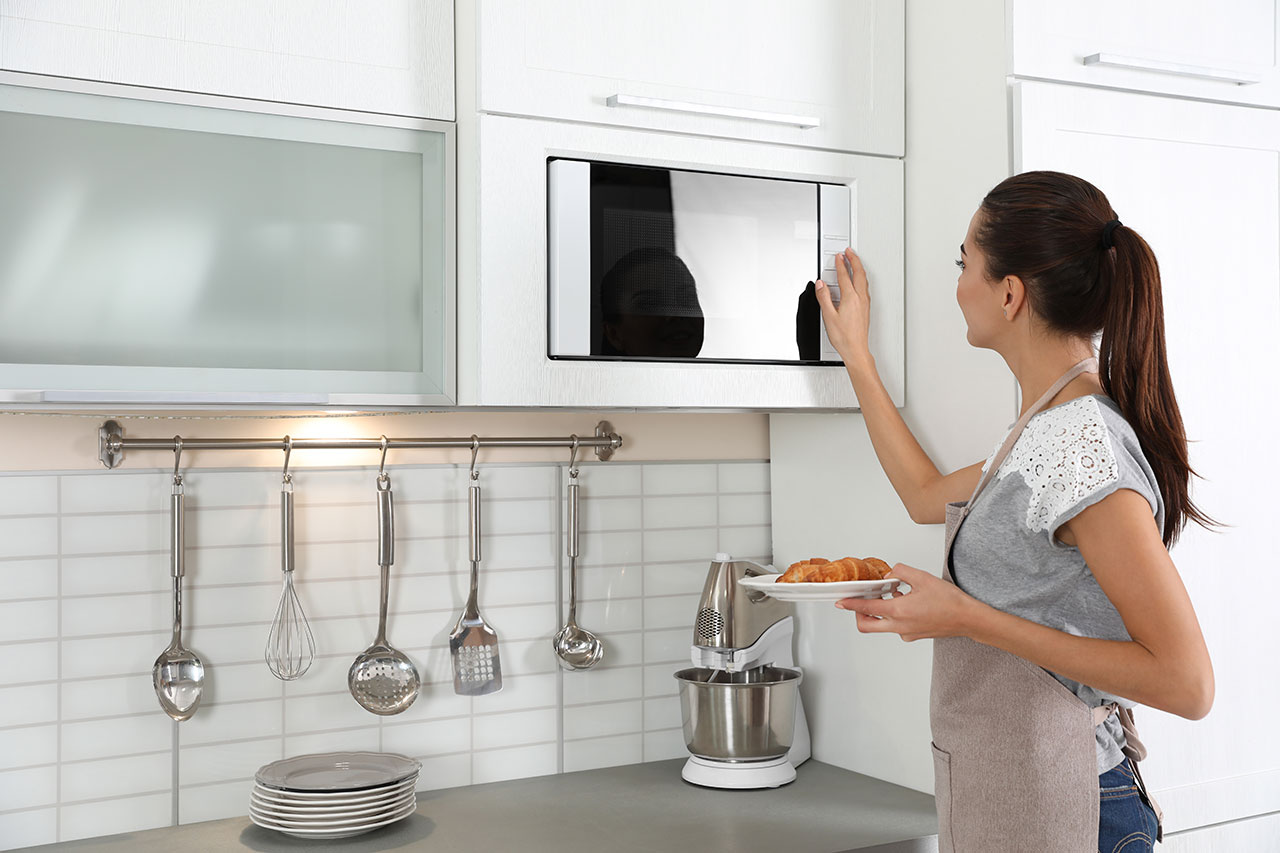
Budget for microwave repair costs based on factors such as parts, what the issue is, microwave type, professional labor, and more.
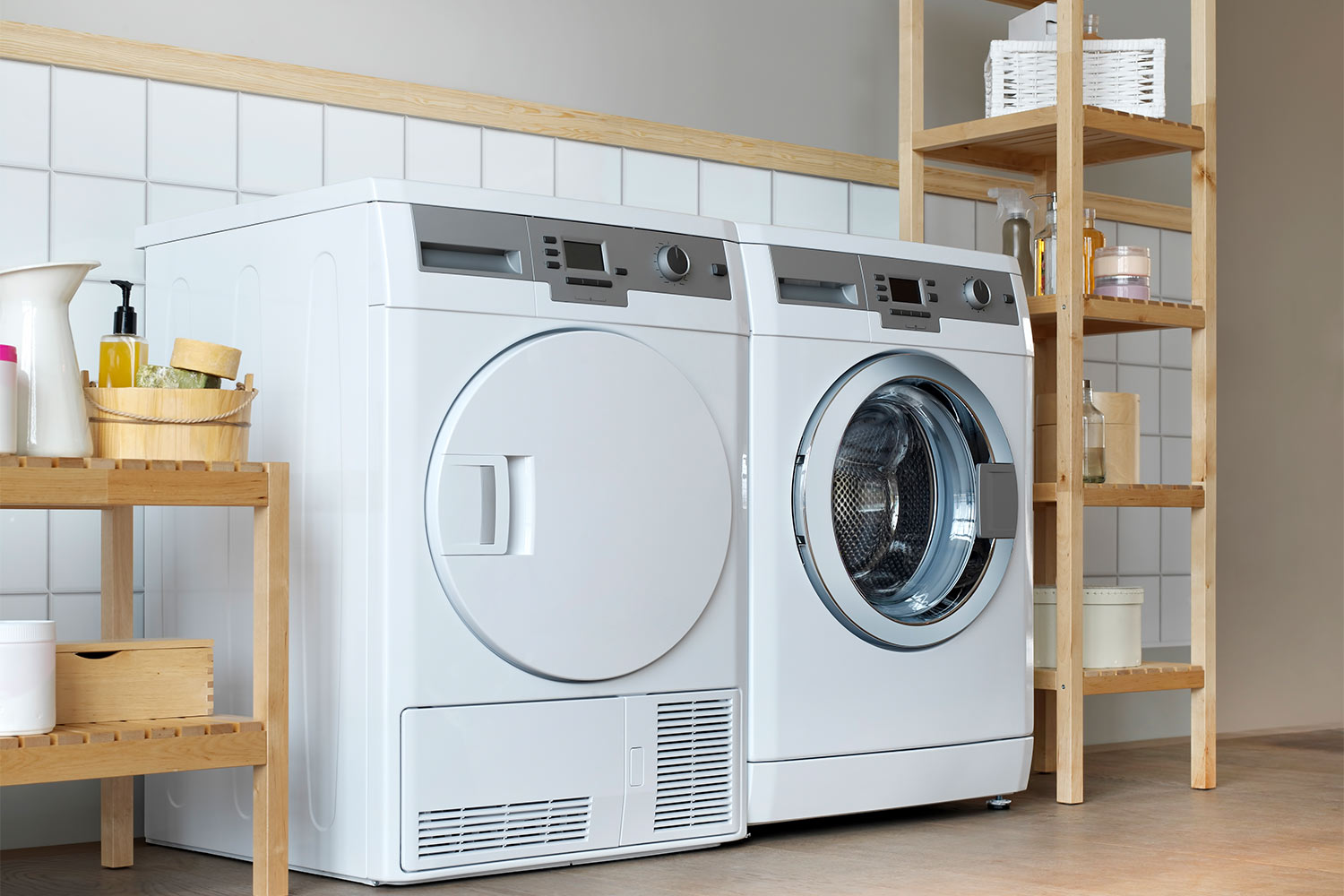
Wondering who installs washer and dryer hookups? See whether to call a plumber or electrician, what’s involved, and the typical $2,000 cost
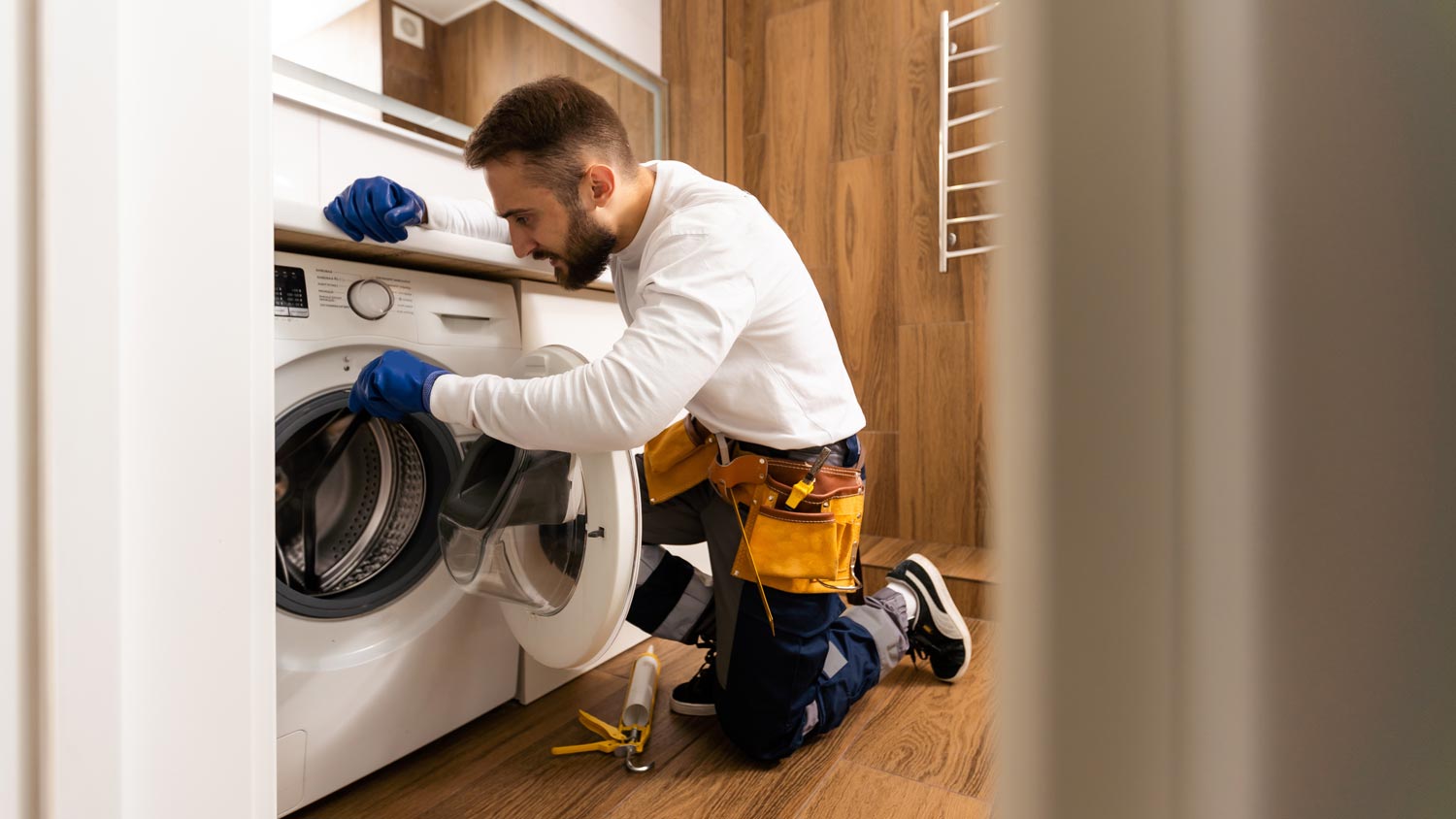
Who fixes washing machines? Find appliance repair pros, what they do, and costs. Get expert guidance now.
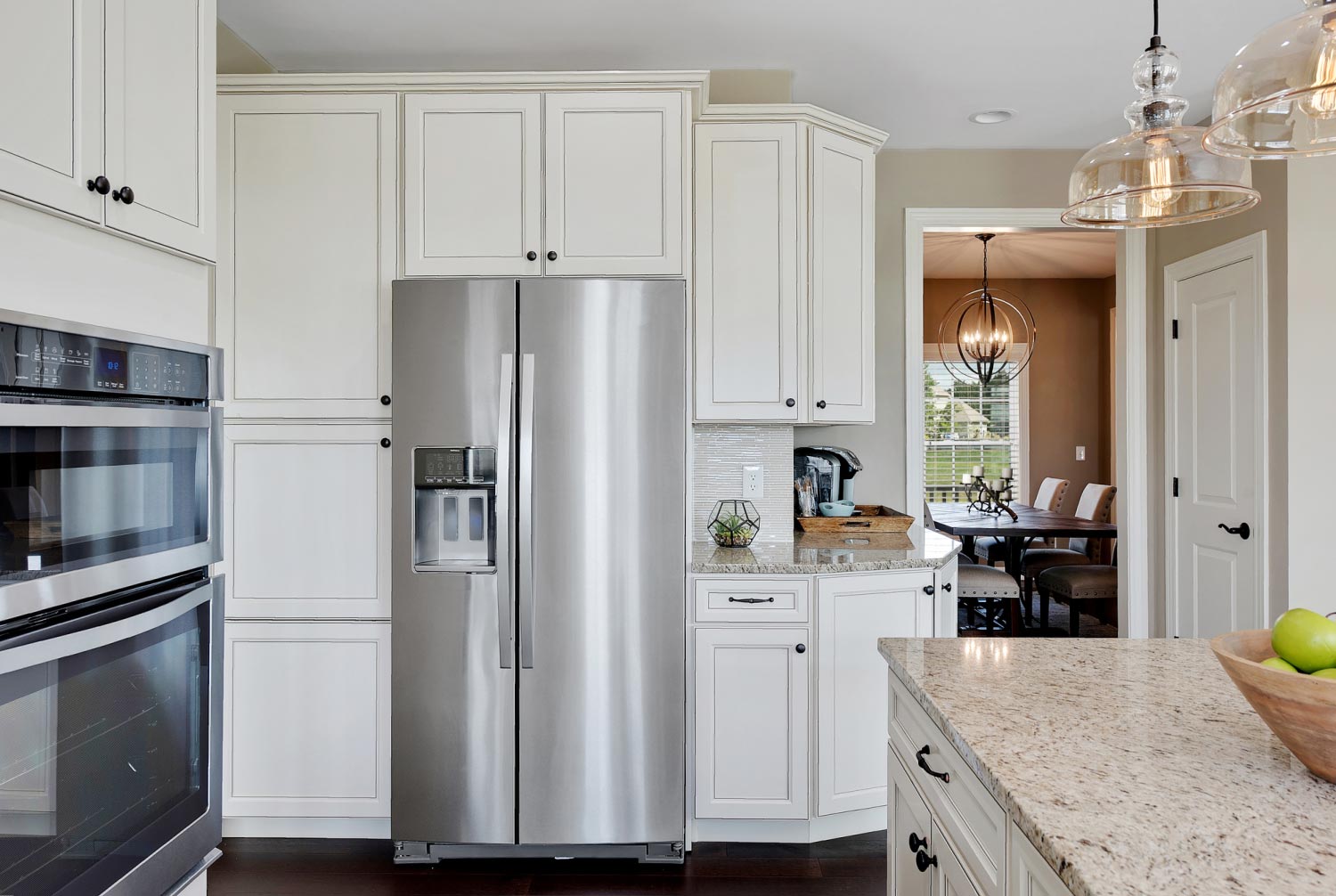
Find out who to call for refrigerator repair. Learn why a licensed refrigerator repair technician is best and when DIY is safe.
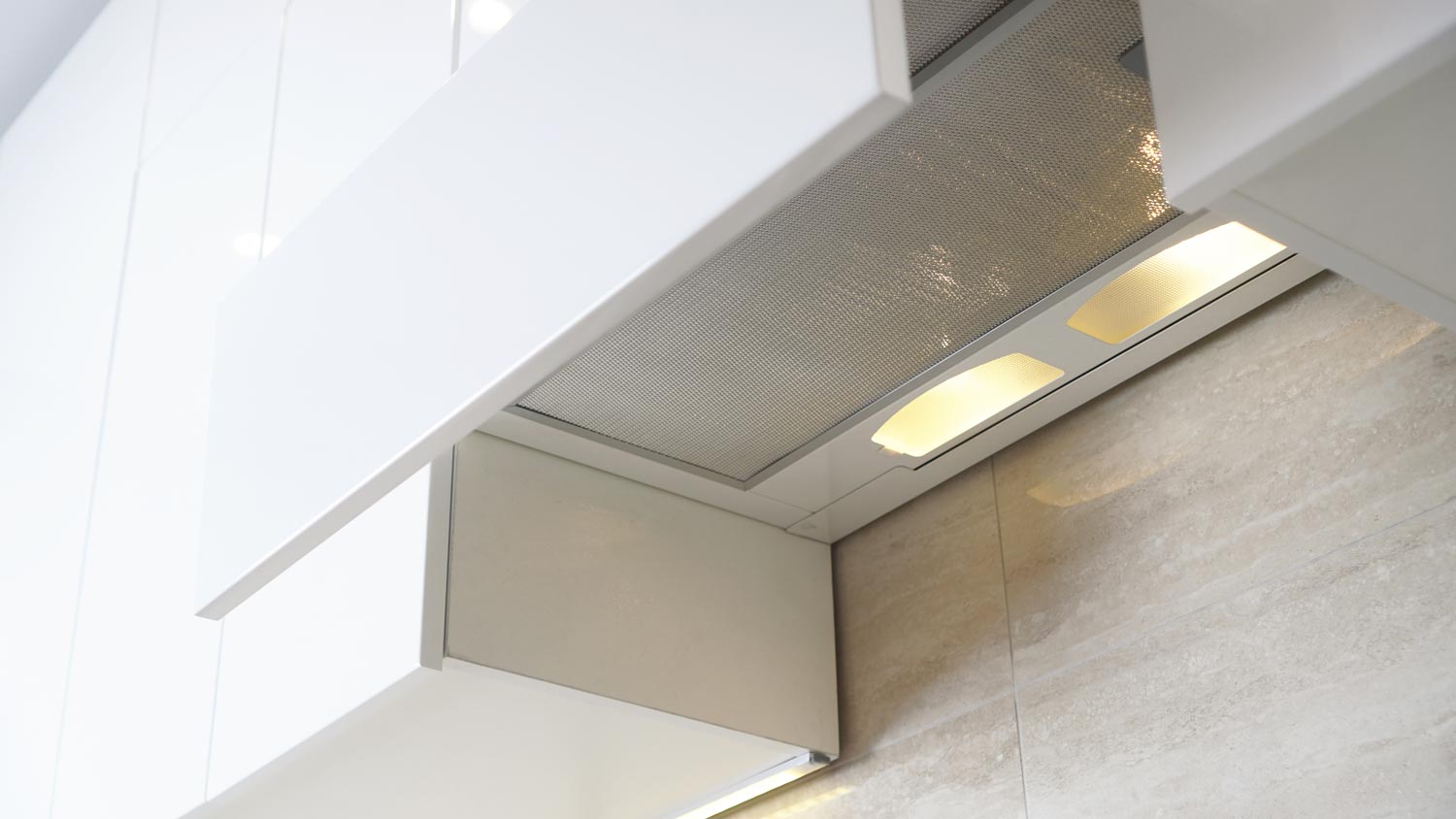
Find out who fixes range hoods and when to call an appliance technician, HVAC pro, or electrician. Learn repair vs. replacement costs and next steps.